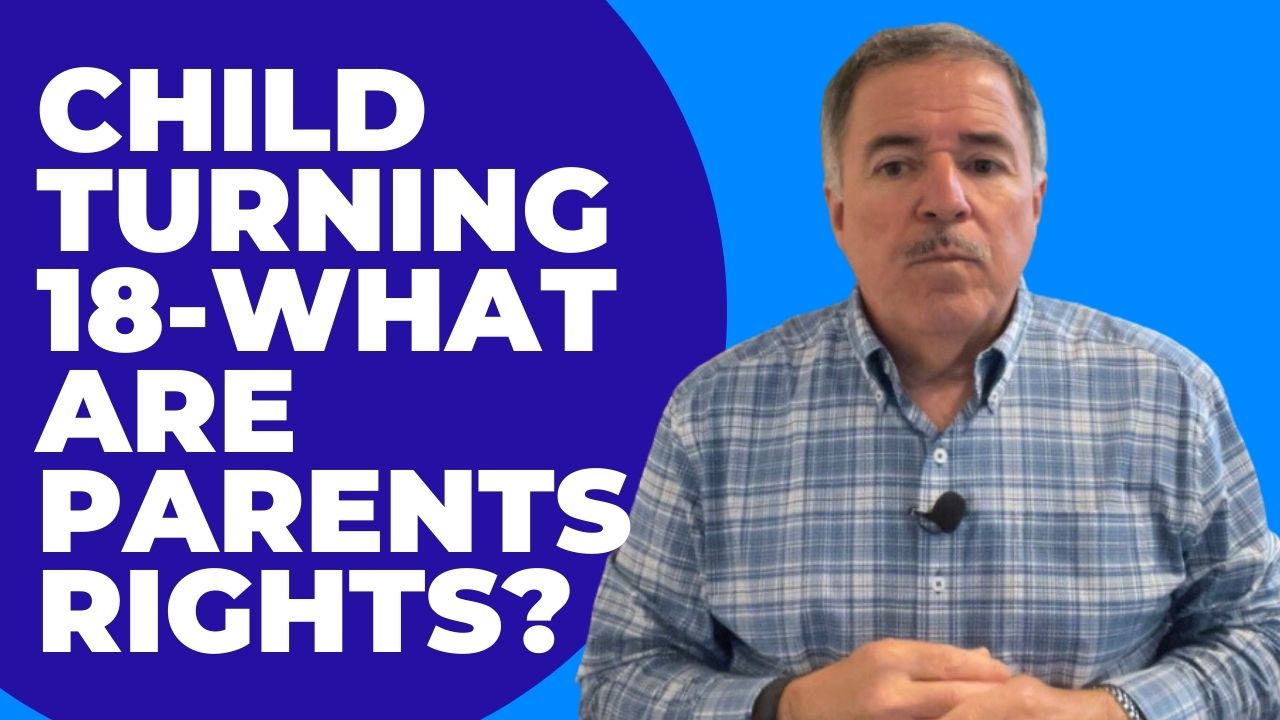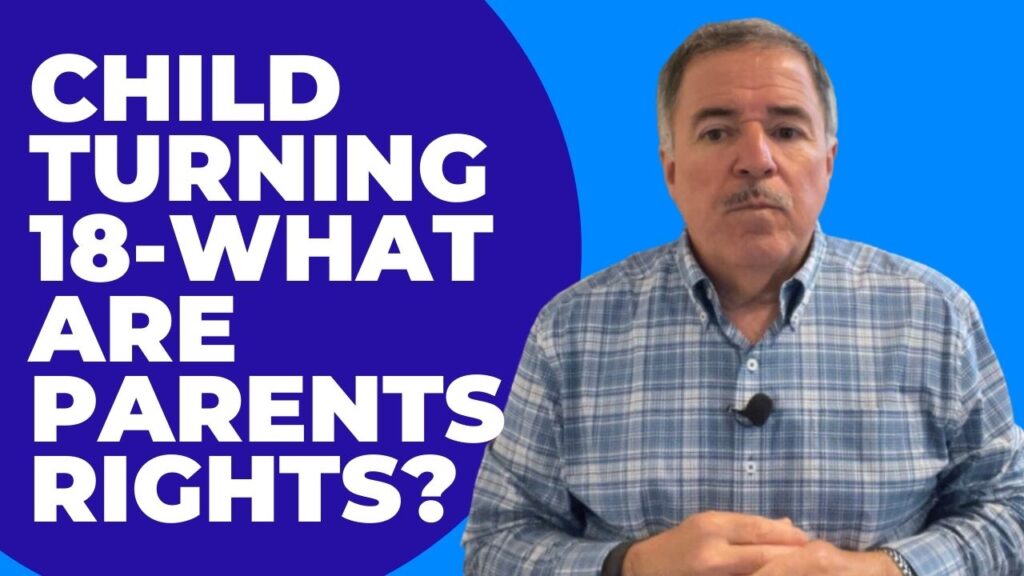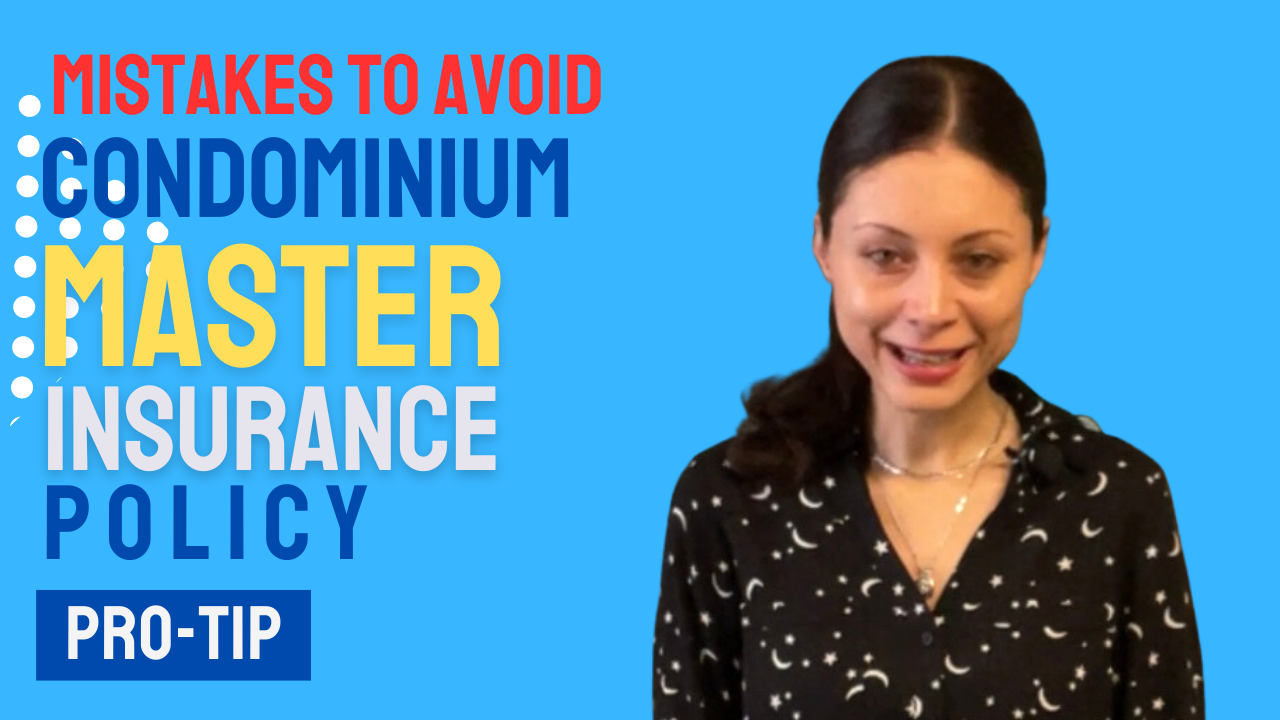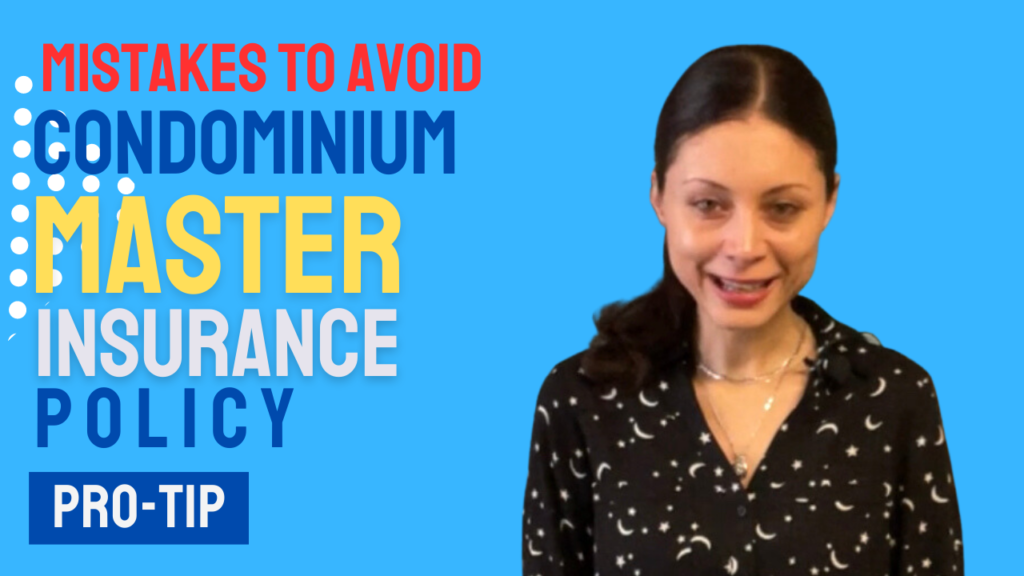Filing A Home Insurance Claim Plus Pro Tip

A survey done in 2020 showed that only 6% of homeowners with insurance policies made claims. This might lead you to ask why you’re paying a fee each month if no one is taking advantage of the coverage. The answer is easy: filing a claim isn’t always the best choice. Home insurance is meant to protect your financial security in the case of major damage to your home, but if it’s just a few thousand dollars or less, it may not be worth filing a claim. Ultimately, whether or not to file depends on your policy.
If you are uncertain if you should submit a homeowners insurance claim, this article is designed to help. Read on to learn more about analyzing your insurance policy and deciding upon when it is appropriate to file a claim.
Choosing The Right Home Insurance Policy
Before you sign up for a new insurance policy, you need to account for the value of your home, possessions in your home, and your budget. The more your home and personal property is worth, the more you will be paying for your home insurance policy.
Your premium is a new monthly bill, and it is important that you can comfortably and reliably pay it. Additionally, you should think about how much you can afford to pay out of pocket in the event your property is damaged. Let’s say the deductible is $1,000. Can you pay $1,000 out of pocket before your insurance kicks in or do you need a policy with a lower deductible? Talk to an insurance agent to get started building the right plan for you.
Understanding Your Insurance Policy
To begin with, it is important to comprehend your home insurance policy. What is the amount of your deductible and does filing a claim lead to increased premiums? Additionally, what type of coverage does your insurer provide? Is my situation eligible for coverage? We will discuss these issues in more detail below.
Understanding Your Deductible
The deductible is the amount that you have to pay yourself before your insurance begins to cover costs. You will not be paying towards your deductible unless a claim is made with your home insurance. For instance, if the deductible for your policy is $1000, then in cases of damaged or stolen items, you would need to spend $1000 and your insurer would cover anything above that sum.
Additionally, keep in mind that filing a claim can potentially increase your insurance premiums. Your insurance company may view you as a higher-risk customer, resulting in higher monthly payments.
Keeping An Eye On Your Premiums
The first step in deciding whether to file a homeowners insurance claim is to understand your deductible. Your deductible is the amount of money you’re responsible for paying out-of-pocket before your insurance policy kicks in.
For example, if you have a $1,000 deductible and experience $3,000 in damages, you’ll be responsible for paying the initial $1,000, and your insurance company will cover the remaining $2,000.
It’s important to consider your deductible when deciding whether to file a claim. If the cost of damages is less than your deductible, it may not be worthwhile to file a claim at all. Additionally, if the cost of damages is only slightly above your deductible, you may want to consider covering the cost out-of-pocket instead of filing a claim, as it could potentially raise your premiums.
Outlining The Damages
Home insurance can be confusing. Does it provide coverage for the home itself and its contents? The answer is yes. The real inquiry, however, relates to what circumstances are covered by the policy. Many insurers offer plans that are based on the Insurance Services Office HO-3 policy, so let’s examine what this plan covers. Generally, standard insurance policies protect possessions from natural disasters such as lightning, windstorms, hail storms, extreme snowfall and volcanic eruptions.
House fires, electrical damage, theft and vandalism are usually covered by insurance plans. On the other hand, water damage, earth movement, infestations, mold growth and neglect are not typically included in these policies. These sorts of damages can be expensive to repair so it’s important to be aware that you may not receive any compensation for them. We will discuss this further later on.
Understanding Your Responsibility After a Loss
All Home insurance policies contain duties that the insured must comply with to recover under the policy. These duties vary from policy to policy but generally include providing notice of the damage to the insurer shortly after the damage occurs, taking appropriate actions to protect the property from further damage, and appearing under oath for an examination of the incident.
Your Insurance Policy Is Not A Maintenance Policy
If your roofing is in bad condition and it caused your home to be damaged in a windstorm, you may be able to file a claim. However, it depends on the terms of your insurance policy and the maintenance agreements that are in place.
As a homeowner, it is your responsibility to maintain your property. This includes any needed repairs or renovations concerning plumbing, electrical wiring, roofing, siding and so on. If you do not take care of any damage or wear and tear it can be considered negligence and your insurance company may reject your claim. There are certain ambiguities when filing an insurance claim for maintenance costs; for example if there have been weak patches in the roof for some time with missing shingles and signs of leakage.
It is possible that you could file an insurance claim for the wind damage to your roof, but this depends on the maintenance requirements in your policy. Most insurers require their customers to maintain certain parts of their home, such as the roof, in order to be eligible for coverage. After a severe windstorm has damaged more of your shingles and some interior roofing, you find yourself with an emergency repair job that will cost money. If you have kept up with regular maintenance, then filing a claim may be possible.
Pro-Tip
When damage you need to file an insurance claim, take pictures of the damage if possible. Make a list of everything that was lost or damaged. Keep the list and photos handy to support your claim to provide a clear image of the damage(s) you are reporting.
How Much Can You Save
Vargas & Vargas Insurance has been providing reliable and affordable coverage for over four decades. Our knowledgeable agents are dedicated to helping you find the right policy for your needs, so you can rest easy knowing your business is safe and secure.
With our expertise and comprehensive coverage options, you can feel confident that whatever life throws at you, your business will be taken care of. Invest in peace of mind today with homeowners insurance from Vargas & Vargas Insurance, you can reach our team at 617-298-0655.



























